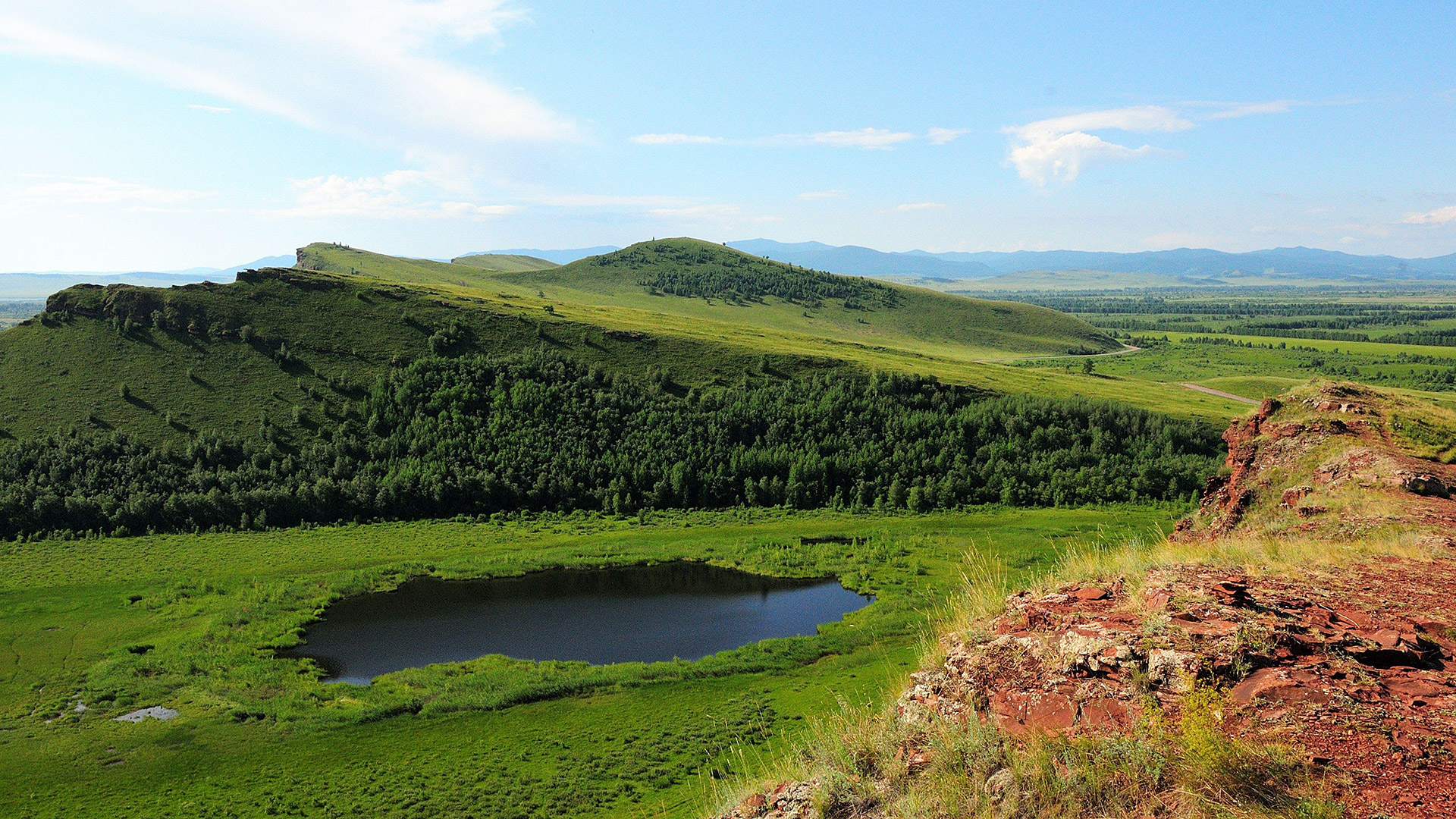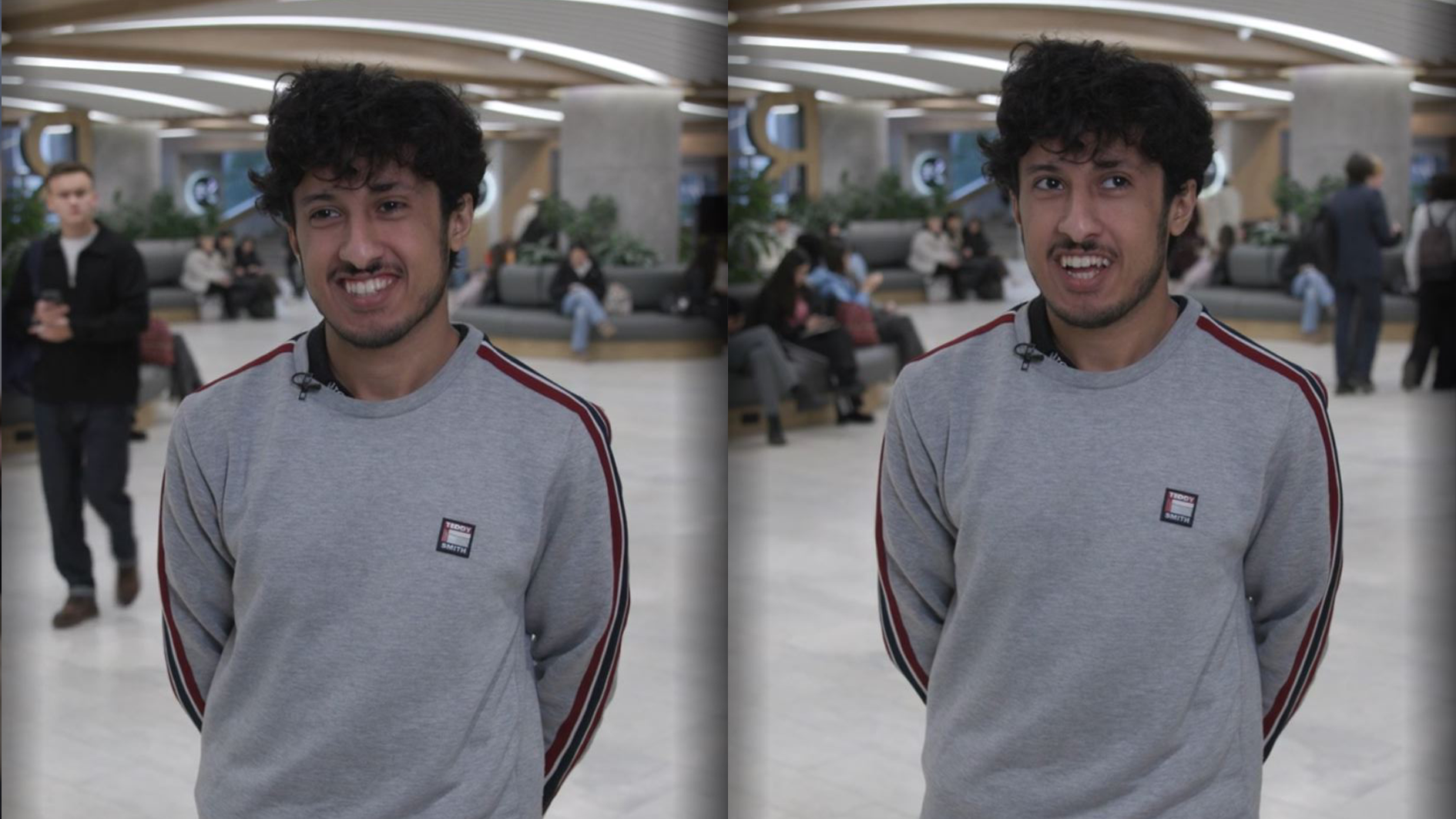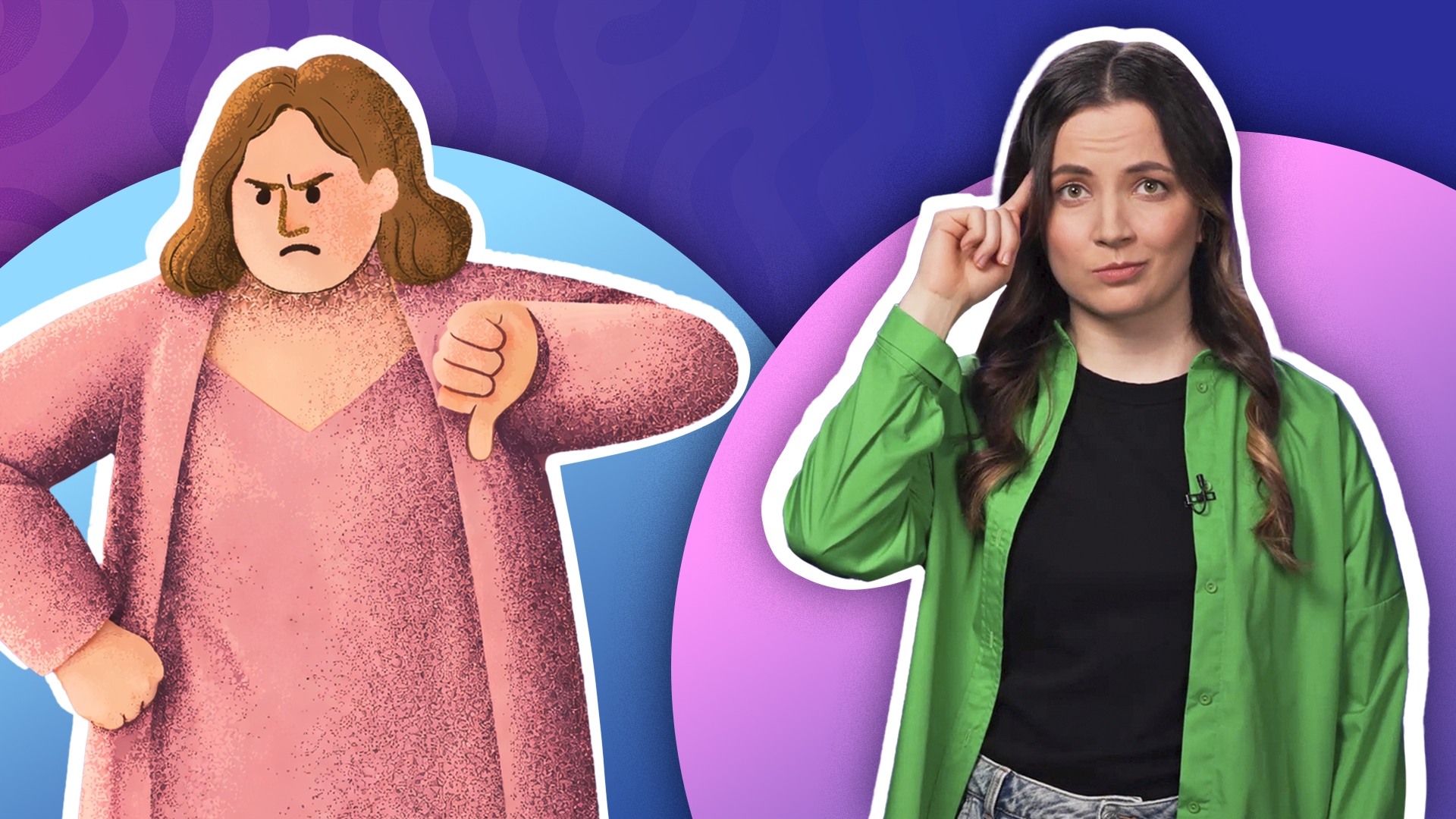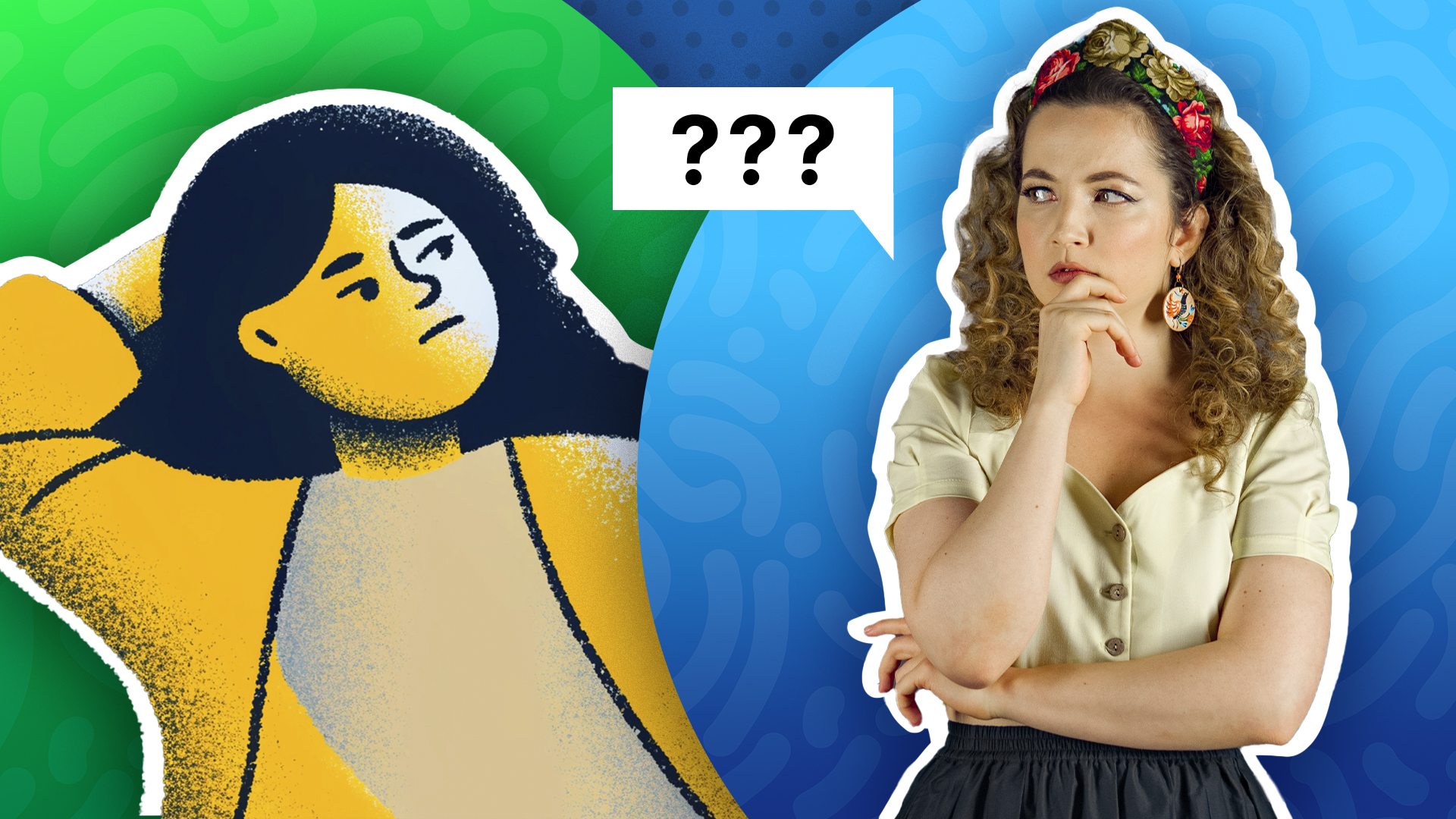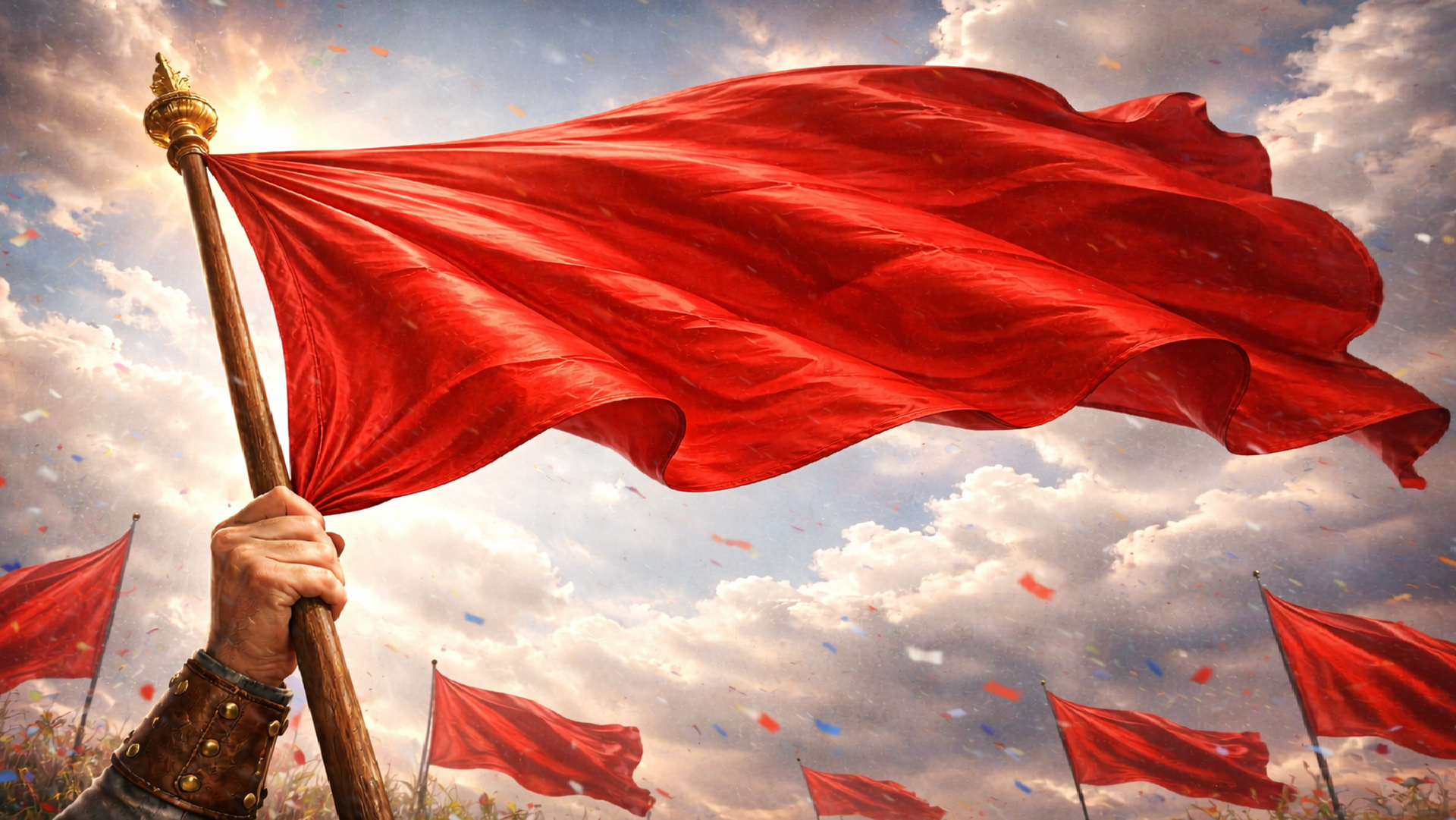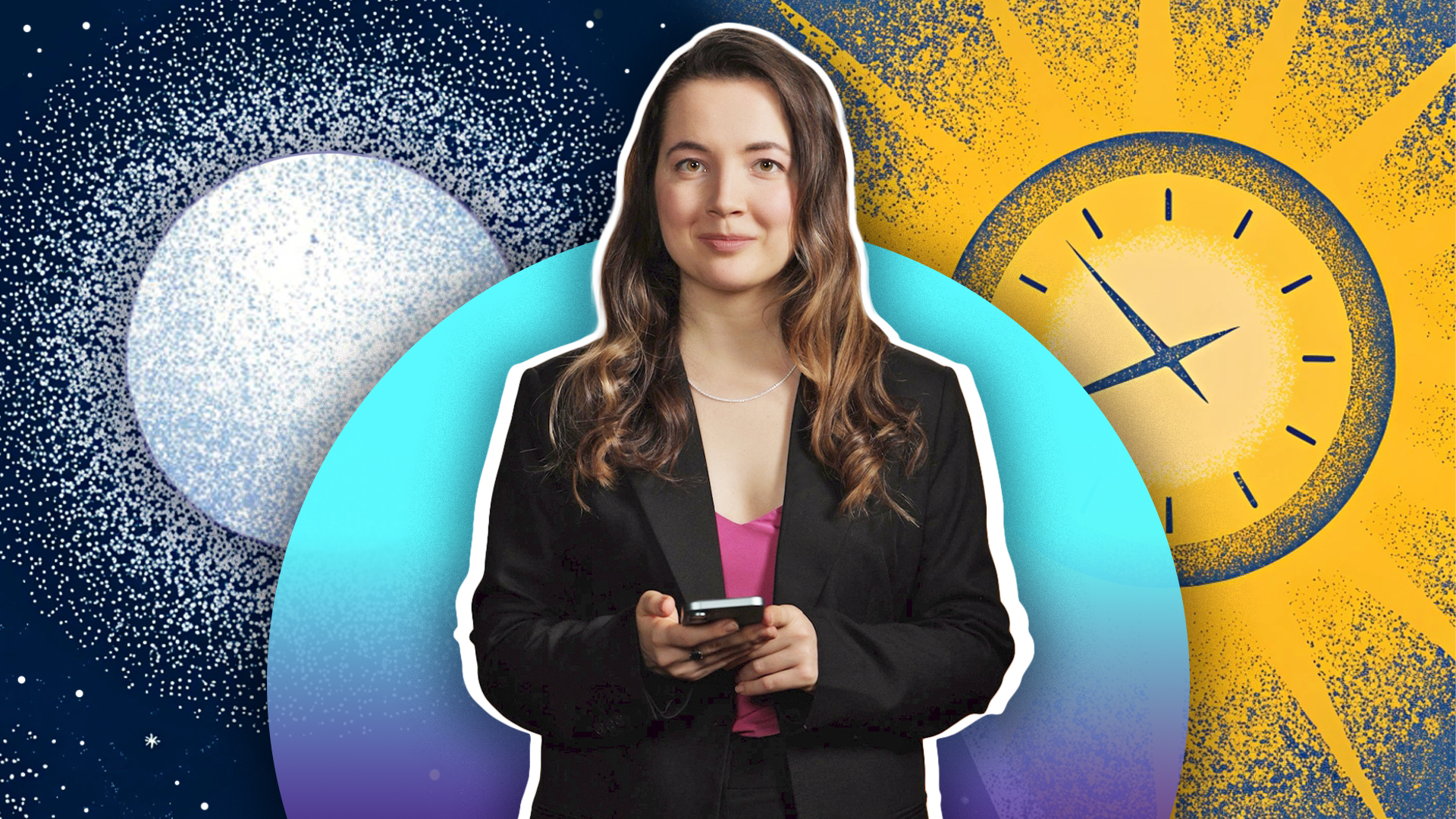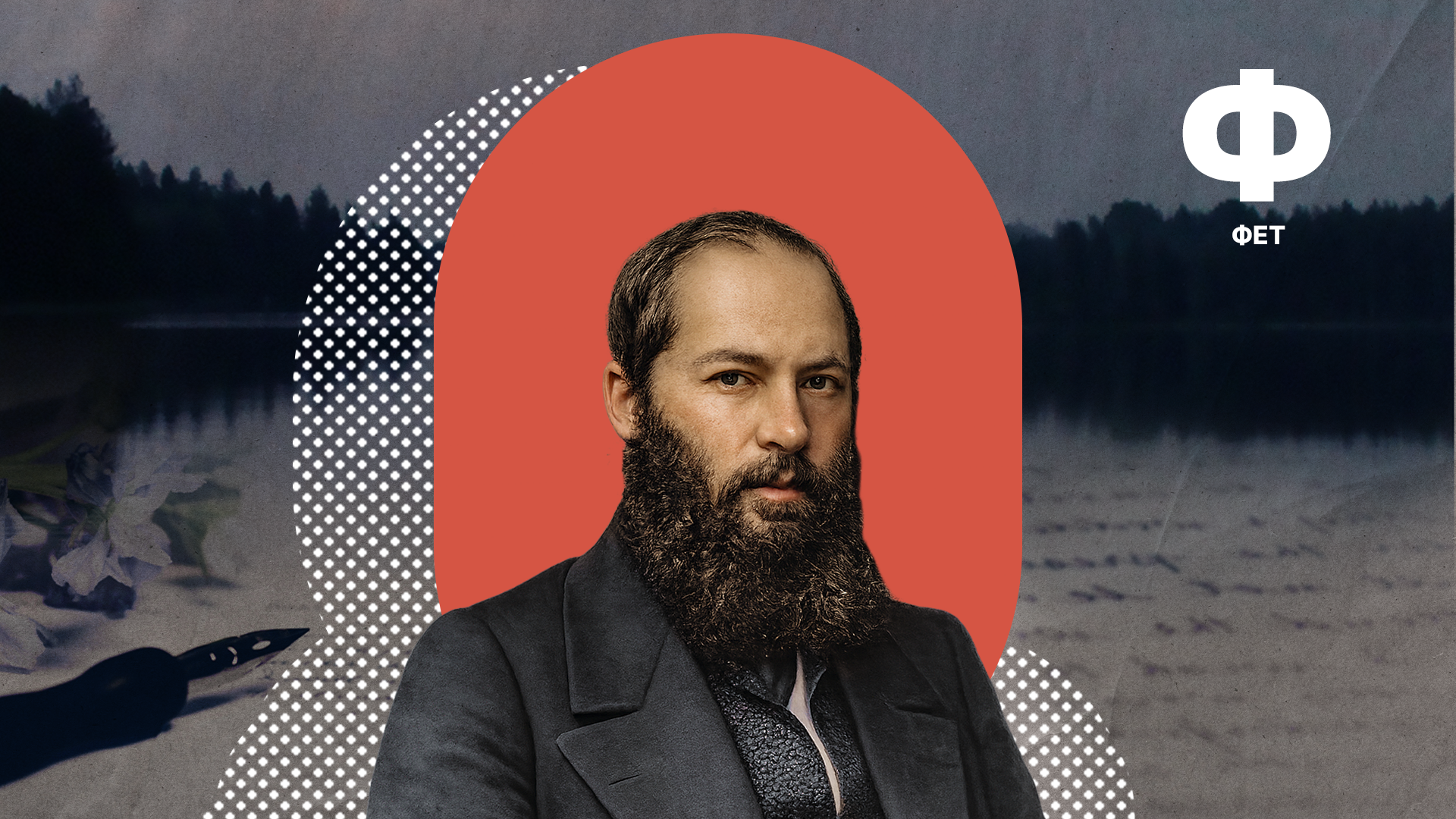
10 Russian proverbs about summer

1. «Июньские ночи воробьиного носа короче» (“Iyunskie nochi vorobinogo nosa koroche”)
“June's nights are shorter than a sparrow's nose”
In the first month of summer, the daylight hours increase and the nights, on the contrary, become shorter. It is in June that the summer solstice takes place, when the longest day and the shortest night come.
2. «Знойный июнь – на рыбалку плюнь» (“Znoiniy iyun – na rybalku plun”)
“Hot June – spit on fishing”
Due to the typically changeable weather, the catch may not be very good. That’s why avid fishermen should change their plans.
3. «В июле на дворе пусто, а в поле густо» (“V iyule na dvore pusto, a v pole gusto”)
“In July, the yard is empty, but the field is dense”
This means that, in the middle of summer, everyone is busy working in the field to ensure a good harvest and, accordingly, supplies for the winter. And they have no time to sit at home and cool off.
4. «В июле солнце без огня горит» (“V iyule solntse bez ognia gorit”)
“In July, the sun burns without fire”
The hottest days come in the middle of summer.
5. «Готовь летом сани, а зимой телегу» (“Gotov sani letom, a zimoi telegu”)
“Prepare the sled in the summer and the cart in the winter”
This means you need to prepare for everything in advance.
6. «Летом пролежишь, зимой с сумой побежишь» (“Letom prolezhish, zimoi s sumoi pobezhish”)
“If you lie around in the summer, you'll run with a bag in the winter”
If you don't work in the warm season, then, when the cold weather sets in, you could be left without food.
7. «До Ильи мужик купается, а с Ильи с рекой прощается» (“Do Ilyi muzhik kupaetsa, a s Ilii s rekoi proshaetsa”)
“Before Ilya, a man bathes and, with Ilya, he says goodbye to the river”
We are talking about ‘Ilya's Day’ – the holiday of St. Elijah, which is celebrated on August 2, according to the Orthodox calendar. It is believed that after it, summer begins to wane. It is no coincidence that they also say the following about this month: "In August, before lunch – summer, after lunch – fall", referring to the first signs of bad weather.
Folk beliefs forbade swimming after this holiday: it was believed that from Ilya's Day the water cooled down – a person could drown or become very ill in it. There is another interpretation: after this holiday (Ilya is considered the patron saint of the harvest), the harvest season began and it was time to actively prepare for winter.
8. «В августе крестьянину три работы: и пахать, и косить, и сеять» (“V avguste krestianinu tri raboti: i pahat, i kosit, i seyat”)
“In August, a peasant has three jobs: plowing, mowing and sowing”
The last month of summer is the most stressful. You need to harvest and prepare supplies for the winter and, at the same time, prepare the land for the next season.
9. «Петр и Павел час убавил, а Илья-пророк два уволок» (“Pyotr i Pavel chas ubavil, a Ilya-prolok dva uvolok”)
“Peter and Paul shortened an hour and Elijah the prophet dragged away two”
Orthodox Christians celebrate the day of Saints Peter and Paul on July 12. It is believed that by the equator of the month, daylight hours are shortened by an hour and, after August 2, Ilya's day – by two.
10. «Лето идет вприпрыжку, а зима – вразвалочку» (“Leto idet vpriprizhku, a zima – vrazvalochku”)
“Summer comes with a skip, while winter – with a waddle”
Warm days pass unnoticed, but the cold drags on for an impossibly long time.



